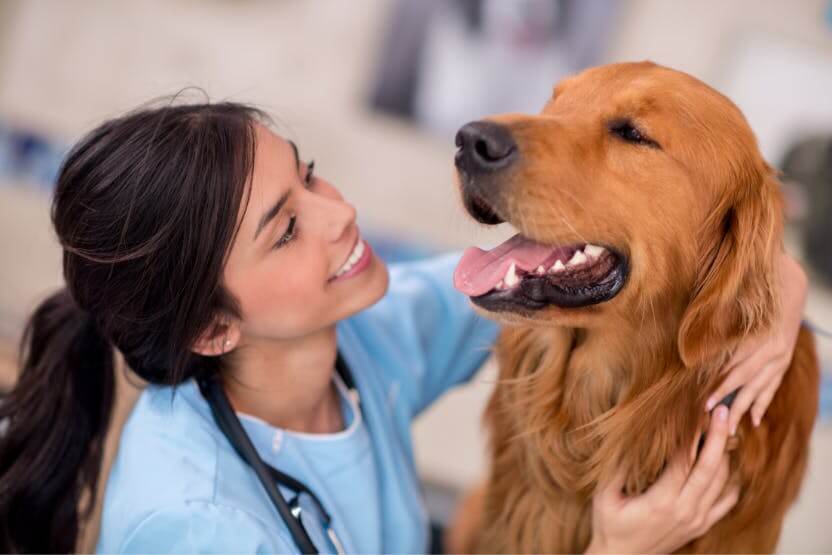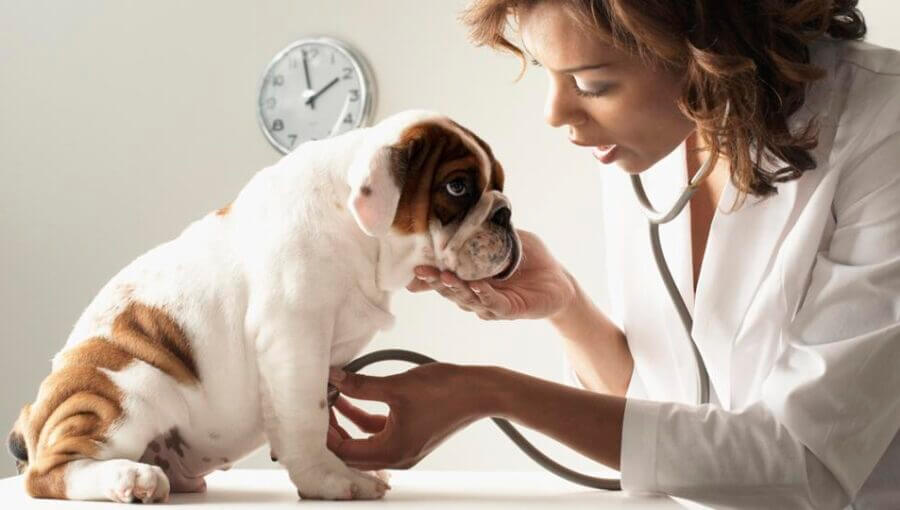Recognizing when your pet needs medical attention can be challenging. Pets, unlike humans, cannot articulate their discomfort or pain, making it essential for owners to be observant of subtle signs and changes in behavior. Ignoring these signs can lead to worsening health issues, some of which might become life-threatening if not addressed promptly. This article outlines the top ten indicators that suggest your pet needs a visit to the veterinary hospital, with a focus on providing pet owners in Dubai and the UAE with clear, actionable information.
Sudden Changes in Eating or Drinking Habits
One of the earliest signs that something might be wrong with your pet is a sudden change in their eating or drinking habits. For instance, if your pet, typically an eager eater, suddenly loses interest in food, this could indicate a variety of health problems, ranging from dental issues to systemic illnesses like kidney disease or diabetes. Similarly, increased water intake could be a sign of conditions like diabetes, Cushing’s disease, or kidney failure. A professional evaluation at a veterinary hospital can help diagnose the issue and start appropriate treatment.

Unexplained Weight Loss or Gain
Unexplained weight changes, whether loss or gain, are often a sign that your pet is experiencing an underlying health issue. Rapid weight loss can indicate diseases such as hyperthyroidism, cancer, or gastrointestinal problems, while sudden weight gain might be a sign of fluid retention due to heart disease, hypothyroidism, or other metabolic disorders. Regular weigh-ins and monitoring at home can help you detect these changes early, prompting a timely visit to the veterinary hospital for a thorough examination.
Lethargy or Unusual Behavior
Lethargy is another common sign that your pet needs medical attention. If your pet seems unusually tired, less active, or is isolating itself, this could indicate pain, infection, or other serious conditions. Pets are often good at hiding their discomfort, so even subtle changes in energy levels or behavior should not be dismissed. A thorough check-up at a veterinary hospital can help identify the root cause of this lethargy, whether it’s due to pain, infection, or an underlying illness.
Persistent Coughing or Breathing Difficulties
Respiratory issues in pets can manifest as persistent coughing, wheezing, or labored breathing. These symptoms may be indicative of respiratory infections, heart disease, or even tumors. In the UAE, where high temperatures and dust levels can exacerbate respiratory problems, it is especially important for pet owners to be vigilant. If you notice your pet coughing frequently or struggling to breathe, seek immediate veterinary care to rule out or treat serious conditions like pneumonia, heart failure, or bronchitis.

Vomiting or Diarrhea
While occasional vomiting or diarrhea might not be a cause for concern, persistent or severe cases warrant a visit to the veterinary hospital. Vomiting and diarrhea can lead to dehydration, especially in Dubai’s hot climate, and could be symptomatic of gastrointestinal issues, infections, or ingestion of toxic substances. Chronic vomiting or diarrhea can also be a sign of more severe conditions such as pancreatitis, intestinal blockage, or liver disease. Early intervention by a veterinarian can prevent these conditions from worsening.
Changes in Urination Patterns
Altered urination patterns can be a clear indicator of underlying health issues. For instance, if your pet is straining to urinate, urinating more frequently, or having accidents indoors, these could be signs of urinary tract infections, bladder stones, or even kidney disease. In male pets, particularly cats, urinary blockages can be life-threatening and require immediate medical attention. In the UAE, where pets may not drink enough water due to the climate, these issues can be more common, making it vital to monitor your pet’s urination habits closely.
Lumps, Bumps, or Swelling
Discovering lumps, bumps, or swelling on your pet can be concerning. While not all lumps are malignant, any new growth or swelling should be evaluated by a veterinarian. Lumps can indicate tumors, cysts, abscesses, or infections. Early detection and diagnosis are crucial in managing the condition, whether it requires surgical removal, biopsy, or other treatments. Regular grooming and petting can help you detect these changes early, allowing for prompt veterinary intervention.
Excessive Scratching, Licking, or Chewing
Excessive scratching, licking, or chewing can be a sign of allergies, skin infections, or parasites such as fleas and ticks. In the UAE, where the climate can contribute to skin dryness and irritation, these symptoms can be more pronounced. Additionally, hot spots or bald patches may develop as a result of constant licking or chewing, leading to secondary infections. A veterinarian can diagnose the underlying cause, whether it’s an allergy, infection, or parasite, and prescribe appropriate treatment to relieve your pet’s discomfort.

Changes in Gait or Mobility
If your pet is limping, struggling to rise, or appears to be in pain while moving, these could be signs of joint or bone problems such as arthritis, hip dysplasia, or even fractures. Pets, particularly older ones, may also develop mobility issues due to degenerative conditions like spinal disc disease. In Dubai, where pets may be more prone to injuries due to outdoor activities, it’s important to address any changes in mobility promptly. A veterinary hospital can provide diagnostic imaging and treatment options to help manage pain and improve mobility.
Unusual Odors from the Mouth, Ears, or Skin
Unpleasant odors emanating from your pet’s mouth, ears, or skin can indicate infections or other health issues. Bad breath, or halitosis, is often a sign of dental disease, while foul-smelling ears may be indicative of ear infections. Similarly, an unusual smell from the skin could point to bacterial or fungal infections. In the humid climate of the UAE, pets are more susceptible to skin and ear infections, making regular checks and veterinary care essential. Early treatment of these conditions can prevent complications and improve your pet’s overall health.
Conclusion
Recognizing the signs that your pet needs to visit a veterinary hospital is crucial for ensuring their health and well-being. By being attentive to changes in eating habits, weight, behavior, and physical condition, pet owners in Dubai and the UAE can catch potential health issues early and seek professional care before they become severe. Regular veterinary visits, coupled with prompt action when symptoms arise, are key to maintaining a long and healthy life for your pet.

He brings a blazing critical intelligence to bear as well as novelistic skills in assembling a great life of a great writer.
